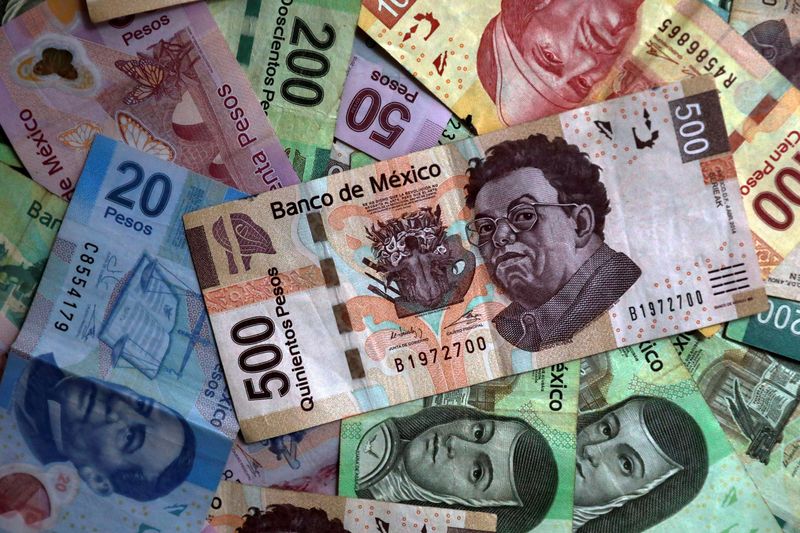By Kylie Madry
MEXICO CITY (Reuters) - Executives from Mexico's start-up sector say it should receive a boost in coming months, particularly in e-commerce and logistics related to nearshoring, as inflation eases and interest-rate cuts loom on the horizon.
"We're going to start seeing two big waves of growth" in Mexican startups, said Eric Perez-Grovas, co-founder of venture capital fund Wollef, in an interview, adding an earlier slowdown in financing activity was starting to reverse.
Mexico's startups are looking to recover after a lackluster year, hit by rising inflation and high interest rates, dampened investment prospects.
By October, 12-month headline inflation for Latin America's second-largest economy dipped to 4.26%, inching closer to the central bank's target range.
Startup Melonn, a logistics company for online sellers, is already betting on booming sales as Mexico's "Buen Fin" - similar to Black Friday - kicks off later this week.
"In November, we very well could move twice the volumes we moved a year ago," said Melonn co-founder Andres Felipe Archila, adding that consumers' purchasing power is increasing.
"The economic outlook is really, really positive, inflation is coming down and employment is steady. So we have a really favorable environment," he said.
Business-to-business startups are looking to capitalize on nearshoring as more of the manufacturing production chain lands in Mexico to capitalize on the country's closeness to the U.S., low labor costs and beneficial trade pacts.
Perez-Grovas pointed to startup Pulsar, which specializes in electricity efficiency, as an example.
"These huge firms are arriving and they have to widen their line of providers," Perez-Grovas said. "But there's the pressure to do that as cheaply as possible, and electricity is expensive. So a service like Pulsar's, helping small and medium businesses cut energy costs, becomes much more relevant."
As inflation eases and some Latin American central banks cut interest rates, funding is trickling back.
Nexu, an auto-financing startup, landed a $20-million investment round last month, adding onto $53 million it had previously raised.

Before the slowdown, "that could have been double," said Abdon Necif, the firm's co-founder and co-CEO. "So you need to take into account what current expectations are."
Nexu's round was oversubscribed and had buy-in from foreign investors, however, showing market appetite is increasing, said Perez-Grovas.
